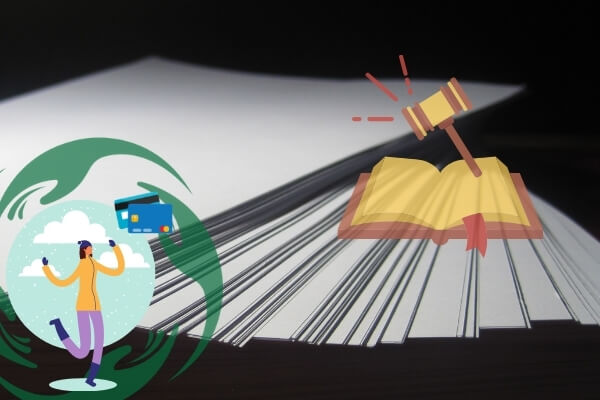There’s a good chance that you haven’t heard of the Credit Contracts and Consumer Finance Act (CCCFA), but it’s an important one! It’s the Act that protects you when you borrow money or buy products or services on credit. So, if you are using a credit card, getting a personal loan, using a store card or have resorted to a payday loan then this is an important read.
The Act requires lenders to always act responsibly and to ensure that you, the borrower, are making informed choices and know what you are agreeing to. There are certain things lenders must tell you when you borrow money. This is called disclosure of information.
For example, lenders must:
- make standard terms and costs of borrowing publicly available via their website or on clearly displayed notices at their premises. This helps borrowers compare the cost of borrowing and contract terms, and to shop around.
- give you important information in writing before you sign an agreement, eg annual interest rate, all fees, how you can cancel, details of their dispute resolution scheme.
Most lenders are responsible and provide the information about the loan etc, and meet these obligations already, but knowing how much your credit is costing you does not stop the lenders from charging fees and interest rates that make it almost impossible for you to repay the loan!! For this reason, the Act has been reviewed and changed.
Some amendments to the Act will come into force from 1st October 2021. You can read about the changes to the Act in more detail here.
Lenders will be working under new prescriptive requirements when assessing the affordability and suitability of loans. Additional registration and compliance will be required to be undertaken by lenders, and the responsible advertising standards also have new regulations.
One recent change to the Act means that lenders can no longer charge a total of more than twice the amount of the original loan (also called the principal).
For example, if you take out a loan of $150 to cover an unexpected bill, the lender can’t charge you more than $300. Previously a $150 loan could end up costing you hundreds more than that if you were charged high interest rates, late payment fees, etc. – borrowers could be paying back a lot more than twice the principal.
That is still a large amount of extra money to be paying off your loan, so it is important that you go into a situation with your eyes open – look out for the ways in which you will incur extra charges. These could be late payment fees, or ironically also early repayment fees!
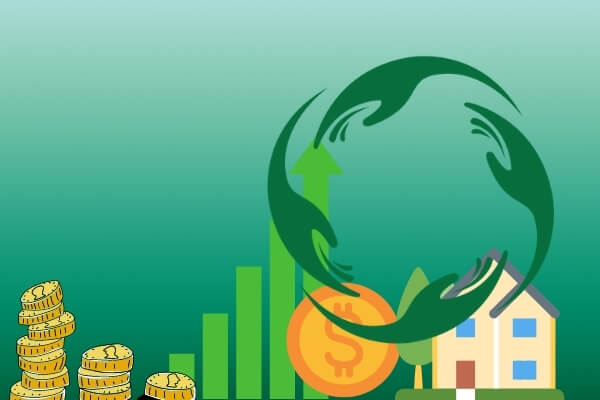
Our Economical Position
Our strong economical position
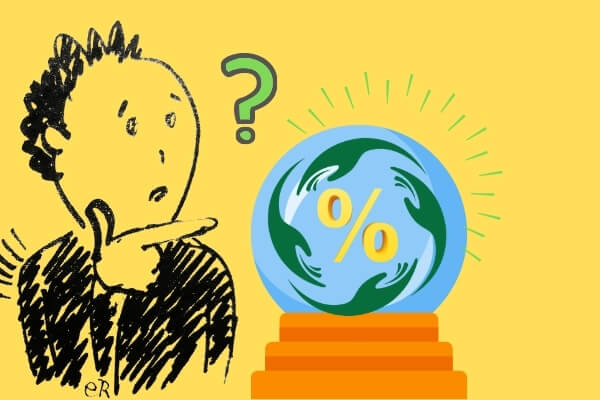
Interest Rates – What is happening?
Will there be an interest rate war and how far will the interest rates drop? Today the Co-operative Bank have issued the challenge with their offer of 2.09% 1-year fixed term for First Home Buyers borrowing over $200,000. This is fantastic for First Home Buyers with...

Welcome New Year 2021
Welcome New Year 2021
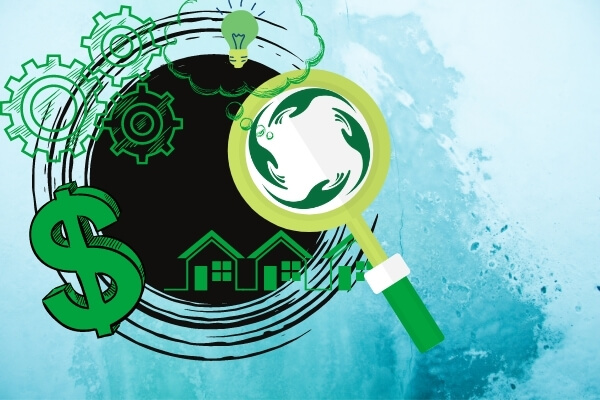
Using your Adviser
A Financial Adviser does not just assist you to get the finance – we also work with you on refixing and refinancing when the time comes. We are there on the journey with you, from getting the finance to getting the debt repaid. While having what you want is your...
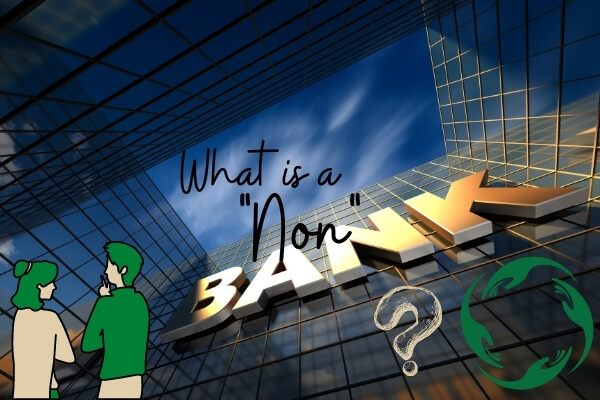
What are Non-Bank Lenders?
What is a “non bank” lender? It’s a funny term, that’s for sure. In New Zealand we have two types of Lenders. The main banks are the names we are all familiar with - Westpac, BNZ, ANZ, ASB, Co-Operative Bank, Kiwibank, SBS, etc. These banks account for more...
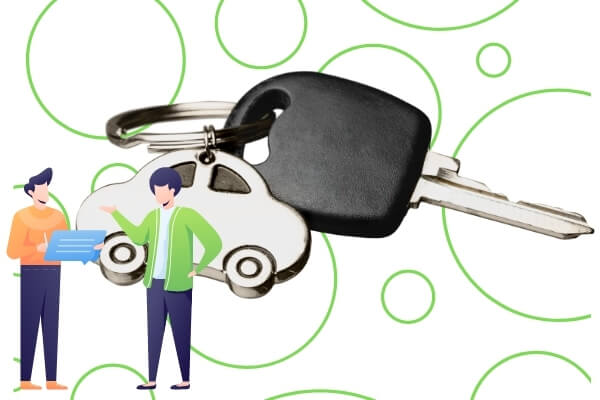
Getting Finance
When you want to buy something and you don’t have money, you need finance. Do you care where the money comes from? Do you get financial advice, or do you just get the money? Most of us just get the “easy” money and don’t understand the costs involved. For example,...

Newsletter December 2020
Wow, it’s almost the end of 2020. We are flat out in the office with a mountain of applications to get through. It’s a good kind of busy! It’s been a big year for our business with lots of exciting leaps forward. New staff, new website, new communities to work with –...
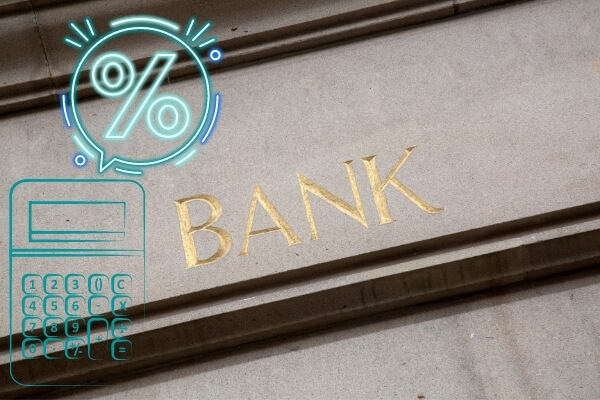
LVR Restrictions
Effective 1st May 2020 the LVR (Loan to Value Ratio) restrictions were lifted by the Reserve Bank of NZ (RBNZ). The RBNZ did this due to the uncertainty of the effect that COVID-19 would have on the economy - the idea being to buy people some time and to give people...
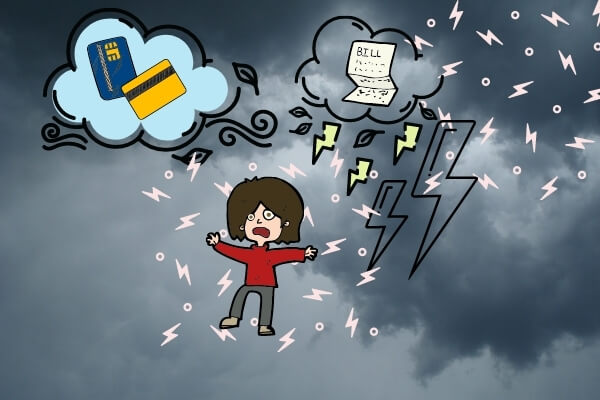
Character and Credit scores – what’s the story?
When you apply for credit the bank looks at your character. Character is determined by the way you manage your accounts and pay your debts. They actually look at your bank statements!! Your character is then rated in the form of a Credit Score – good or bad. From...

Understanding your dosh!
When I went to school it was only if you chose to do accounting and economics that you learned about supply and demand, how to do budgets and other economic factors. At home, money is often a topic that is not discussed and there can be a lot of embarrassment and...

